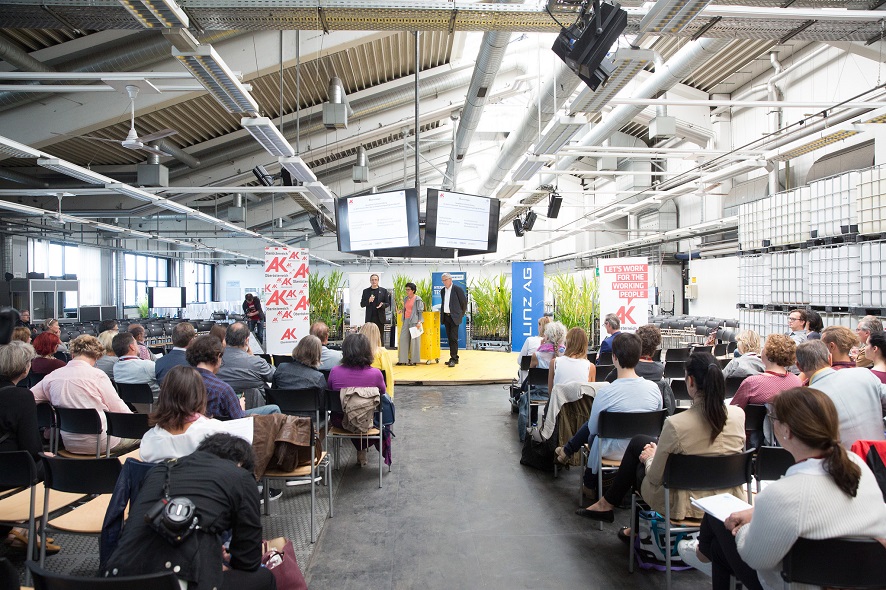Experts in the field of pedagogy, teachers and interested students attending the Perspectives on Political Education symposium being held at the Ars Electronica Festival on Thursday, September 6, 2018 will confront current challenges in political education. This series of talks, workshops and panel discussions is being organized by the Teachers’ College of the State of Upper Austria in cooperation with the Upper Austrian Chamber of Labor and Ars Electronica Linz. The focal-point issue is phrased as a question: “Fresh, Courageous, Demanding – Self-empowerment through Peer Education?
In this interview, Teachers’ College faculty member Stefan Giegler discusses why peer education tops the agenda this year and previews a few of the highlights.
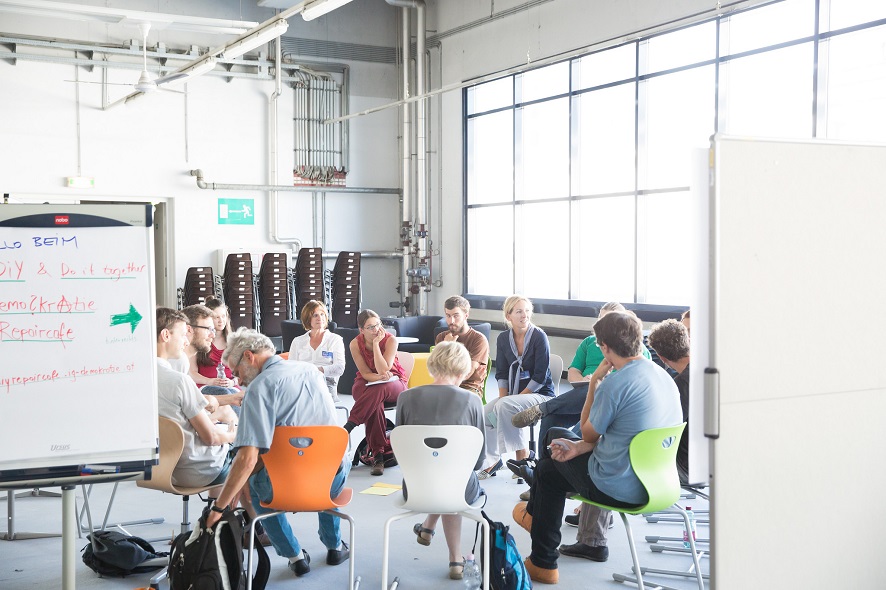
Credit: Tom Mesic
“Perspectives on Political Education” is a themed symposium. What are you focusing on this year?
Stefan Giegler: This year’s topic is peer education understood in the broadest sense, which means that we’re increasingly integrating young people into the symposium and scrutinizing their positions, opinions and approaches to political thinking and their political activities. We want to host an exchange of views, and enable youngsters to speak their mind. We as adults and educators don’t want to dictate how a political discourse is to be conducted. Instead, we’d like young people to really get involved themselves, and provide them with a corresponding platform to present social models and models of political involvement from their own perspective, and to enter into the discourse. This is key: That we as adults—with our points of view and problem-solving strategies—aren’t prescribing how things will be; instead, we want young people, who might see the world totally differently and have alternative proposals for solutions, to develop other models for a social construct.
This theme is a response to the current social situation. How was it developed?
Stefan Giegler: The organizers—i.e. the State Teachers’ College, the Chamber of Labor and Ars Electronica—annually convene and discuss what focal-point theme we want for the upcoming symposium. This year, we decided that we wanted to more strongly integrate young people, especially in light of the fact that this is a matter of political education. It doesn’t really have to do with a particular social development. Nevertheless, in the text of the announcement, we pose the question: Is the world coming unhinged? If you consider global political developments, particularly at the time we were gathering to select the topic, with this situation between North Korea and the USA—a conflict that shouldn’t be underestimated—then it’s clear why we opted for this theme and wanted to integrate young people’s points of view.
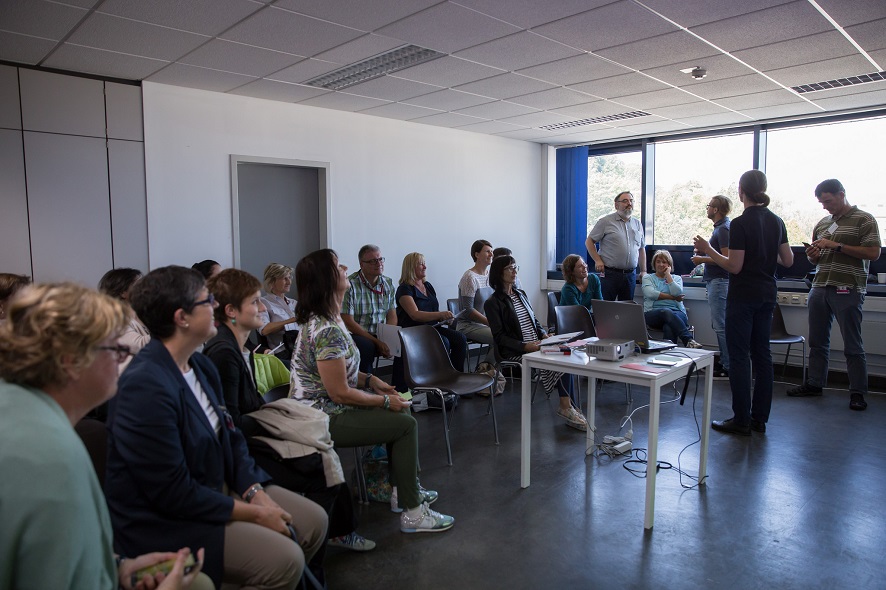
Credit: Florian Voggeneder
Peer education is put forth as the key to self-empowerment. But don’t people who do this run the danger of being increasingly isolated in their own bubble?
Stefan Giegler: Naturally, this danger always exists, that’s totally clear. But one also has to face this development and confront it critically. Needless to say, the danger is ever-present.
What can be done to counteract it?
Stefan Giegler: Critical discourse! Call things into question, discuss them critically, confrontation, looking beyond local facts & circumstances to see the broader context. “Fresh, courageous and demanding” as we put it in this year’s subtitle—facing social developments and critically analyzing them. So, of course it’s necessary that we as educators and adults foster this critical discourse—not in an all-knowing, patronizing way, but rather as participants in a critical discourse.
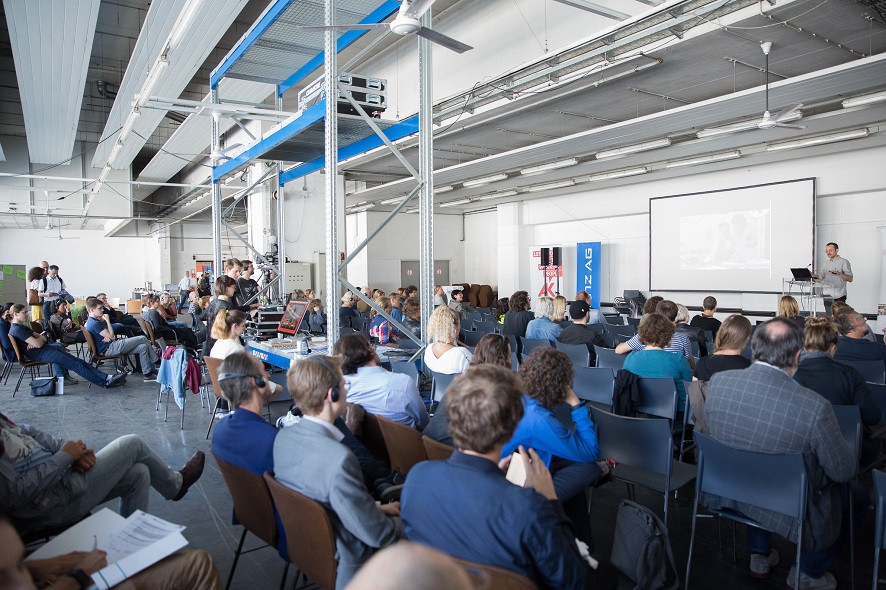
Credit: Florian Voggeneder
OK, so tell us about some of the highlights of the program.
Stefan Giegler: It’s getting off to a very interesting start—a Dialog of Disobedience between well-known graphic artist Gerhard Haderer and composer Peter Andros. Both men are critical thinkers who will take on the subject of insubordination, rebellion, contradiction, though not in the sense of refusal but rather in terms of critical participation. I’m especially looking forward to this dialog. Gerhard Haderer, founder of the School of Disobedience, is sure to be a highly opinionated contributor to this discussion, and the same goes for Peter Andros, who’s known for his critical takes on social developments.
There will also be interesting workshops on a variety of subjects that participants are cordially invited to get involved in—one staged by the SOS Menschenrechte human rights organization; another by Sapere Aude, an association fostering political education; and others at which speakers will present their views on peer learning and peer education.
An interesting project is also being presented. We invited u19 participant Seraphina Reisinger to work together with other young people to develop a project about education and training. This project is still in progress, and we’re really looking forward to getting a situation report at the symposium. Seraphina Reisinger and her young associates are working out suggestions to improve the educational system of the future. I’m very curious about this presentation.
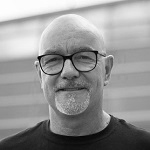
Stefan Giegler was born in 1960. He’s a teacher and a member of the Linz City Council. Since 1994, he has been an instructor in the field of special education at the Teachers’ College of the State of Upper Austria; from 2001 to 2013, he was also director of that institution’s facility to provide teachers with classroom experience. A member of the Socialist Party of Austria, he’s been a Linz City Councilman since 2003.
The Perspectives on Political Education symposium at the Ars Electronica Festival will be held on Thursday, September 6, 2018 on the Lecture Stage at POSTCITY Linz. This year’s theme is “Fresh, Courageous, Demanding – Self-empowerment through Peer Education?” The talks, workshops and panel discussions are being organized by the Teachers’ College of the State of Upper Austria in cooperation with Ars Electronica Linz and the Upper Austrian Chamber of Labor. Attendance is free of charge. Program details are available on our website.
To learn more about Ars Electronica, follow us on Facebook, Twitter, Instagram et al., subscribe to our newsletter, and check us out online at https://ars.electronica.art/news/en/.
